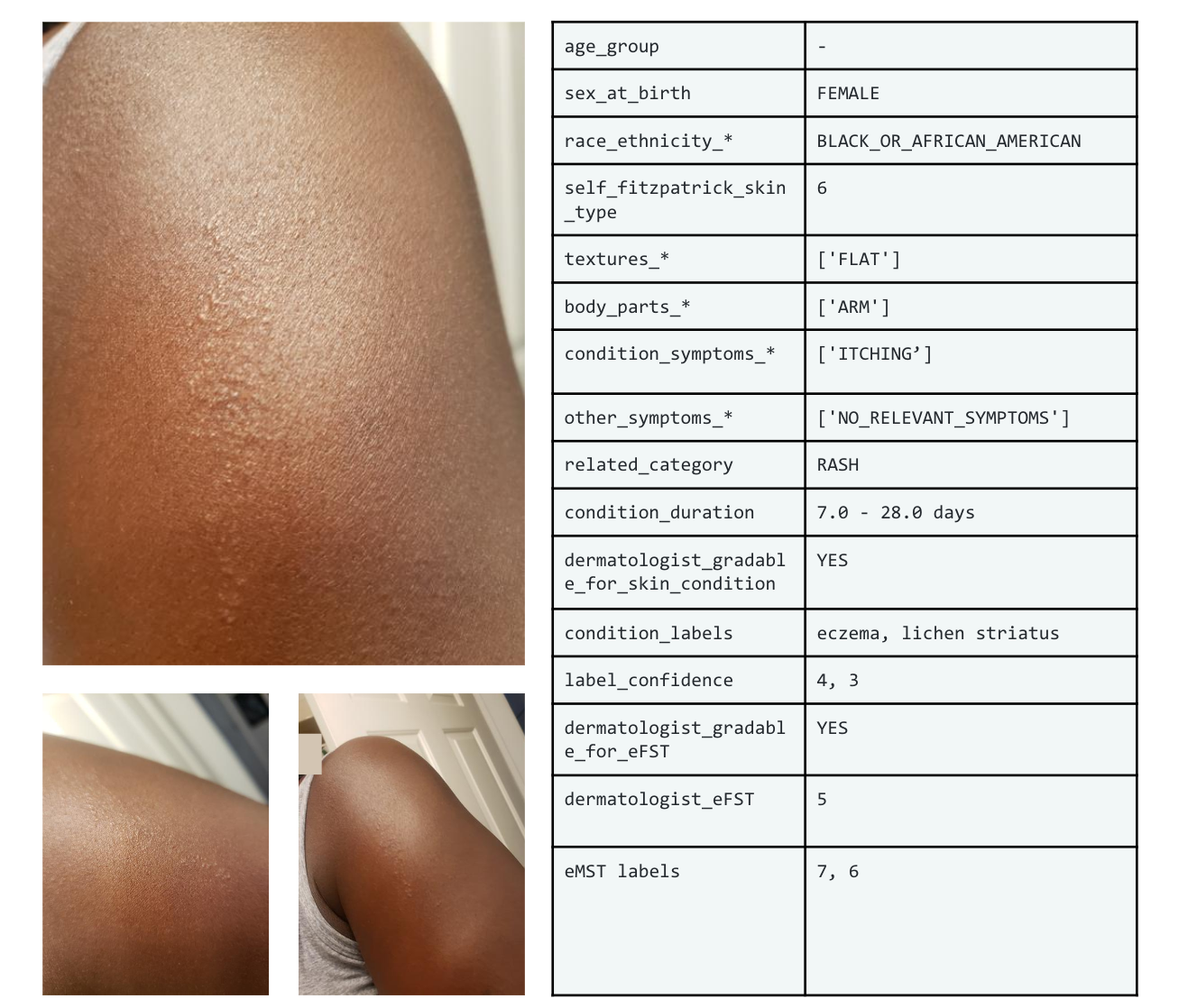
The Thorny Issue of CS Teacher Certification
July 16, 2015
Posted by Chris Stephenson, Head of Computer Science Education Programs
(Cross-posted on the Google for Education Blog)
There is a tremendous focus on computer science education in K-12. Educators, policy makers, the non-profit sector and industry are sharing a common message about the benefits of computer science knowledge and the opportunities it provides. In this wider effort to improve access to computer science education, one of the challenges we face is how to ensure that there is a pipeline of computer science teachers to meet the growing demand for this expertise in schools.
In 2013 the Computer Science Teachers Association (CSTA) released Bugs in the System: Computer Science Teacher Certification in the U.S. Based on 18 months of intensive Google-funded research, this report characterized the current state of teacher certification as being rife with “bugs in the system” that prevent it from functioning as intended. Examples of current challenges included states where someone with no knowledge of computer science can teach it, states where the requirements for teacher certification are impossible to meet, and states where certification administrators are confused about what computer science is. The report also demonstrated that this is actually a circular problem - States are hesitant to require certification when they have no programs to train the teachers, and teacher training programs are hesitant to create programs for which there is no clear certification pathway.
Addressing the issues with the current teacher preparation and certification system is a complex challenge and it requires the commitment of the entire computer science community. Fortunately, some of this work is already underway. CSTA’s report provides a set of recommendations aimed at addressing these issues. Educators, advocates, and policymakers are also beginning to examine their systems and how to reform them.
Google is also exploring how we might help. We convened a group of teacher preparation faculty, researchers, and administrators from across the country to brainstorm how we might work with teacher preparation programs to support the inclusion of computational thinking into teacher preparation programs. As a result of this meeting, Dr. Aman Yadav, Professor of Educational Psychology and Educational Technology at Michigan State University, is now working on two research articles aimed at helping teacher preparation program leaders better understand what computational thinking is, and how it supports learning across multiple disciplines.
Google will also be launching a new online course called Computational Thinking for Educators. In this free course, educators working with students between the ages of 13 and 18 will learn how incorporating computational thinking can enhance and enrich learning in diverse academic disciplines and can help boost students’ confidence when dealing with ambiguous, complex or open-ended problems. The course will run from July 15 to September 30, 2015.
These kind of community partnerships are one way that Google can contribute to practitioner-centered solutions and help further the computer science education community’s efforts to help everyone understand that computer science is a deeply important academic discipline that deserves a place in the K-12 canon and well-prepared teachers to share this knowledge with students.
-
Labels:
- Education Innovation



